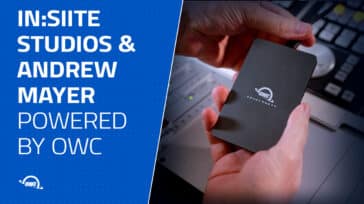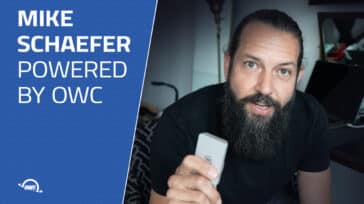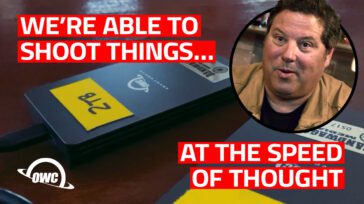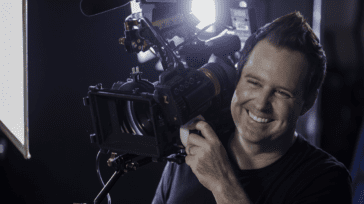In the historic district of Nashville, TN, you’ll find a parking lot where the legendary Studio19 once stood. Built in 1962, it was one of the original recording studios on Music Row, where Garth Brooks, Jimi Hendrix, and Ringo Star once recorded. And even though the brick-and-mortar Studio 19 has long been demolished, its legacy lives on through recording engineer, Kyle Hershman, who now works out of Sound Kitchen in Franklin, TN.
In the right place and the right time, Kyle was interning at a studio for only a month when the engineer left and he took over. When he started out, everything was analog; rewinding tape took up hours in a day.
Can digital do everything analog can do?
He recalls the initial stages of transitioning from analog to digital. Things sounded sterile at first, and you needed analog to make digital sound real—warm, three-dimensional, and alive. Now digital can replicate that sound and it’s become more of a preference, Kyle says, “Do you want to drive a stick shift, or do you want to drive automatic?”

Everything you can do on a multi-channel board, you can accomplish “inside the box.” When he pulls up a digital mix for a client to make minor edits, it only takes 15 minutes versus 8 hours recreating the mix. The convenience of digital technology affects Hershman’s workflow, and as a result, he’s had to seek out reliable solutions for port access, memory, and backup.
More ports, more memory, more storage
Kyle recently upgraded to a Mac mini. It has limited ports, plus it lives in a chassis, making the ports less accessible. After getting an OWC Thunderbolt 3 Dock, he now has options to easily plug and unplug multiple devices, rather than shelling out money for a computer with more ports.
He also cut costs by upgrading the mini’s memory on his own instead of buying a Mac pre-equipped with 64 GB of RAM. “It literally took me 10 minutes and I saved a thousand dollars because I didn’t have to have Apple do it,” he boasts. All it takes is the OWC installation video tutorial, two screwdrivers, and an Allen key, a hack he’s always excited to share with other engineers.
It’s really important to him to back up his work quickly and securely, so Hershman uses an Envoy Pro Elektron solid state drive from OWC that operates at about 10 GB/sec. For instance, he recently backed up a 320 GB folder in 7 or 8 minutes; in the past it took an hour! Plus, if you dropped a hard drive, you could lose everything, he cautions. You can drop an Envoy Pro and keep going (although, we don’t advise testing this. 😊)
Kyle believes you shouldn’t spend someone else’s money to fix a problem. “In this business, you don’t have the luxury of downtime; time is money, and OWC has always been the company I’ve gotten my RAM from. It’s always been affordable and it’s always worked.”
In this business you don’t have the luxury of downtime… time is money, and OWC has always been the company I’ve gotten my RAM from. It’s always been affordable and it’s always worked.
Kyle Hershman
Extending the life of an old Mac
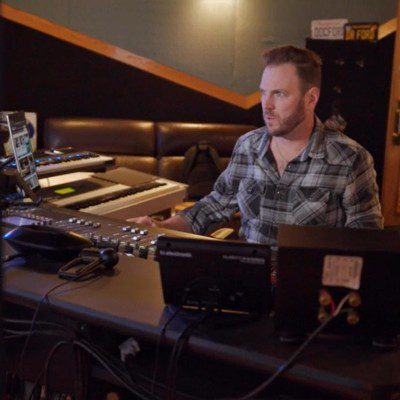
Producer, mixer, and songwriter, Dr. Ford also works out of Sound Kitchen Studios, focusing on country and pop music. He started DJing house music at raves in San Francisco around 1997. He then realized he wanted to be behind the board, so he attended the Musician’s Institute, in Hollywood, where he got a degree in Music Theory with a piano focus. He also completed their sound engineering program.
When asked how the creation of music has evolved for him over time, Dr. Ford says the technology behind the software and hardware he utilizes for producing music hasn’t changed much. But he sees a real efficiency of time when it comes to advancements in technology for the machine he’s using to run and backup his sessions.
Dr. Ford’s first setup was a ProTools rig on an old bubble-based iMac in his bedroom, where he learned how to do DJ mixes and make beats. It was slow and it crashed a lot; he was always running out of resources. So, when he finally set up his studio, “for real,” Dr. Ford says, “I got a Mac tower, and I went to OWC and got some great components for it and actually they’ve lasted the better half of a decade.”
Since then, he’s built a custom Macintosh machine: “I got a brand new hard drive, maxed out the RAM, and I am super stoked with the performance!” Dr. Ford still uses the same Mac 5.1, which has lasted 11 years on 96 GB of RAM, and he backs up twenty-something years of data on it. Occasionally, a client will call him up and ask for a track they worked on 5 years ago because it landed a TV or film placement and he has to be able to access it immediately.
Dr. Ford’s next plan involves upgrading to the Thunderbay 4 from OWC, to which he’ll add 48 terabytes, and split it in a redundant raid system for secure session storage.
Efficiency supports creativity
When it comes to TV and film scoring, especially orchestral string scoring, Dr. Ford says a workhouse computer that accesses the files you need quickly and on time is important. His process depends upon his ability to do things faster and to unlock his creativity.
“I like to think of myself as a conduit and I like to get out of my own body when I’m making music…you want to try to achieve that moment where your hands are moving on their own. And you’re not thinking, should I do this, you just do stuff and it sounds cool.”
The last thing he wants is the machine fighting him along the way. “You want things that are going to work every day without hiccups.”
